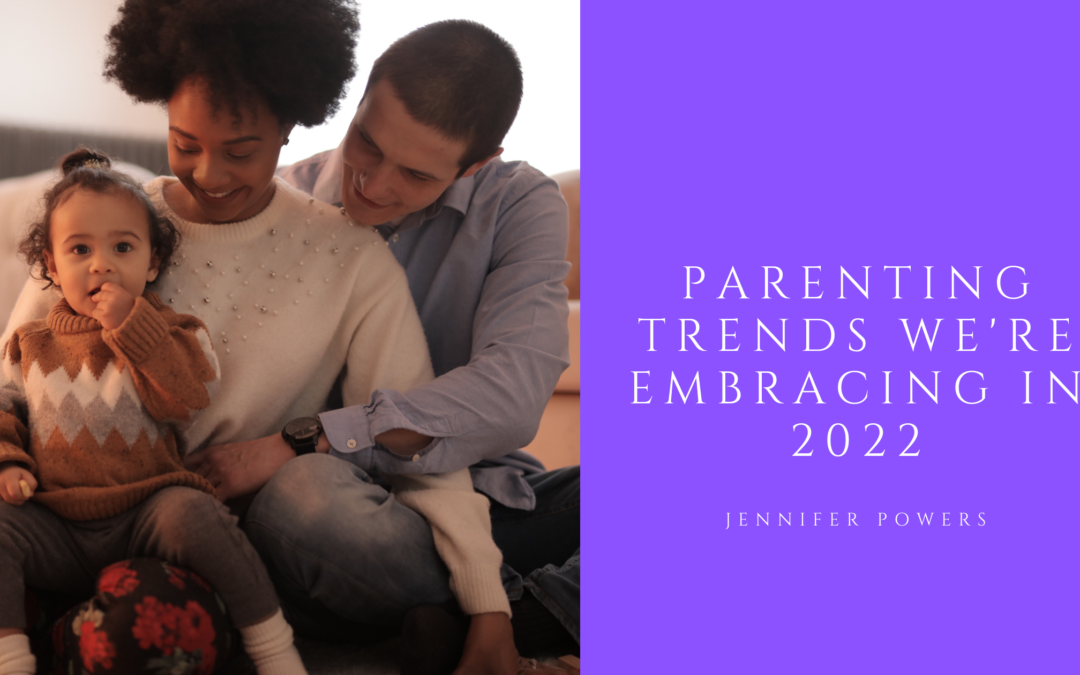There is no denying that the past couple of years has been rough ones for raising children. Through two years of a global pandemic, parents have learned a lot and are ready to move into 2022 with some new perspectives. To welcome a safer year, here are five parenting trends to incorporate into your family life.
Prioritizing Experiences
The science is in, and it clearly shows that
experiences make people happier than things. After being cooped up during lockdown, there is a growing trend towards travel and experiential gifts.
Taking the time to cultivate relationships and appreciate loved ones has led people to plan experiences to enjoy together instead of stocking up on more stuff.
Involved fathering
If we saw anything over the pandemic, it was that working from home gives parents the opportunity to split parenting duties more evenly. And moms liked it! One huge step the United States could take to help families (and catch up to the rest of the world) is to enact nationwide paid parental leave. Giving parents an equal opportunity to bond with their infants and allowing both parents the chance to prioritize parenting and their careers are good for the whole family.
More Veggies!
Plant proteins are growing in popularity, so even choosy children may find more veggies on their plates this year. Schools are leading the way in the plant-based food trend, serving more veggie burgers and school lunches spotlighting creative uses of plant protein.
Connecting through TikTok
Parents have found a community of TikTokkers who share their experiences raising kids in a raw, honest way that really hits home. It is so refreshing to see social media used to let others know that they are not alone in their struggles. Not to mention, TikTok has hilarious and relatable parenting humor and hacks that just might make life with little ones just a bit easier.
Dealing with Feelings
It is past time for people to be able to talk about their feelings openly. Everyone experienced trauma through the pandemic, but the impact on adolescents and kids has been especially severe. Children have had to confront grief, isolation, and major disruptions to their routines, leading to higher rates of depression and anxiety. As we adjust to life with COVID-19, this year is a year to focus on children’s mental and emotional recovery.
